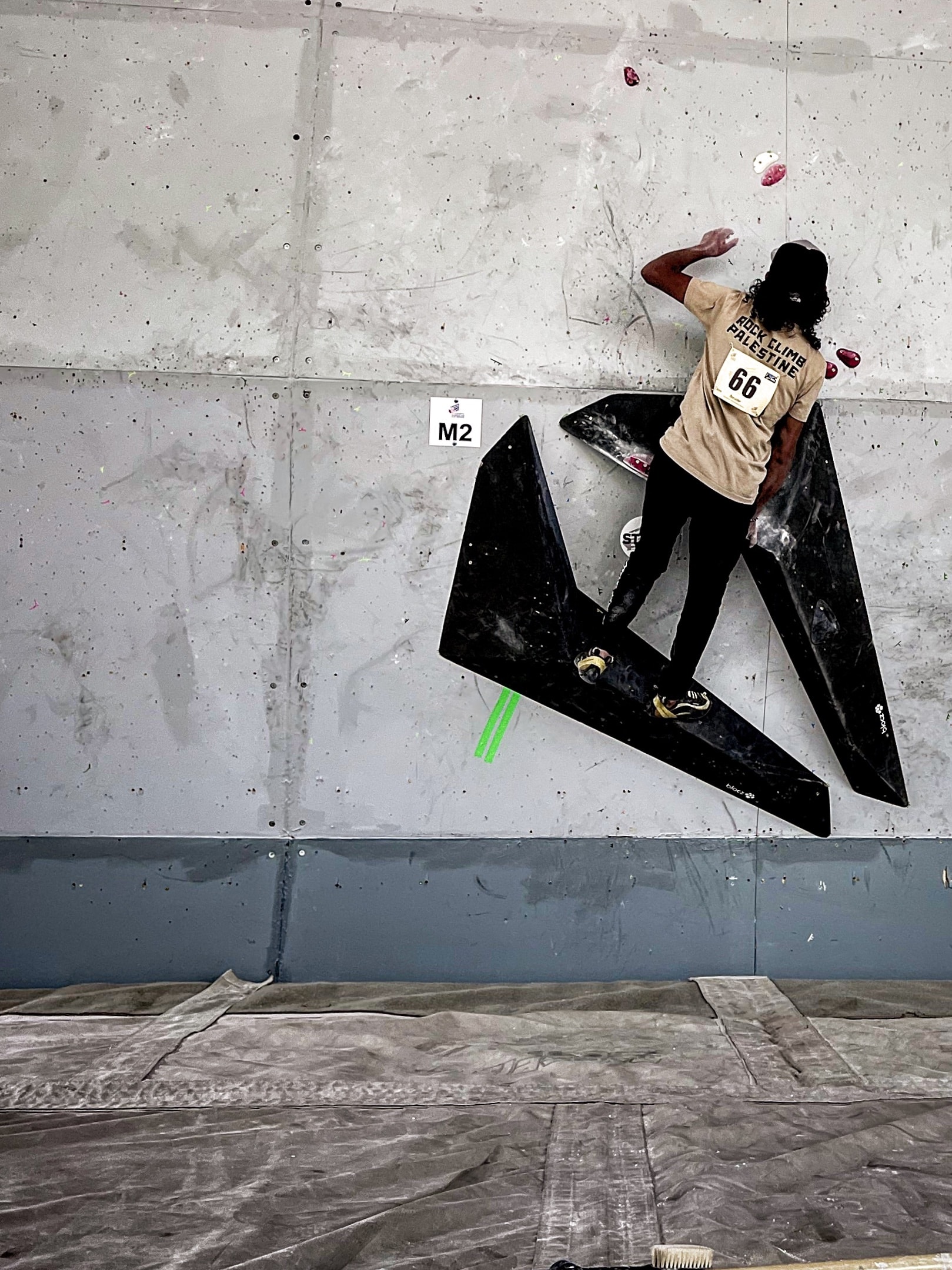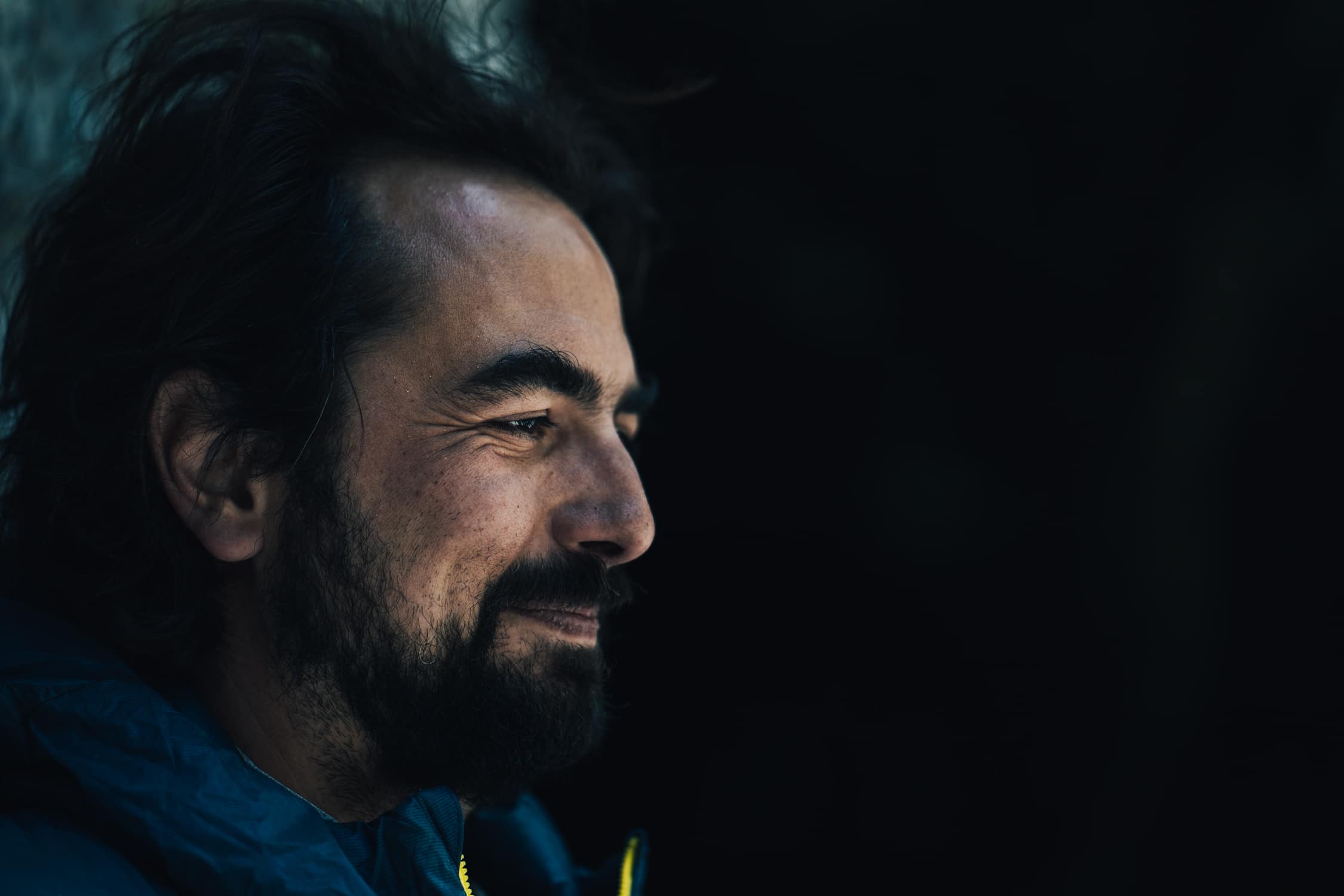Sports have long been viewed as spaces that transcend politics and divisions between us. Yet, sports and politics occasionally intersect, often controversially. Perhaps the most notable example of this convergence is the sports boycott of apartheid South Africa. This boycott was a decades-long campaign loosely coordinated across many countries to deny white South Africans the opportunity to compete in various global sporting events, including the Olympics.
In reading about this history, I came across an intriguing example of the lengths to which some activists were committed to their cause. In 1970, just before a cricket series hosting South African teams was slated to take place in the U.K., a 20-year-old anti-apartheid biology student named David Wilton-Godberford came up with a diabolical idea to thwart the series. He threatened to release an army of African desert locusts, which he was maniacally breeding in his dorm room (or somewhere) in north Wales, upon the hallowed cricket fields of Great Britain. He issued a gangsterAF ultimatum to the league, demanding they boycott South Africa. And if not, he vowed to starve the locusts, some half a million strong, for 24 hours, so they were good and hungry, before releasing them upon the grassy fields, adding that “the crack of a solid army of locusts feeding will sound like flames.” The tour was canceled.
Historians can argue about what degree the sports boycott played in ending apartheid, but all seem to concede that it had an important effect. Turns out, denying South Africans the respect of being included in these silly sporting events hit where it hurt. Not getting to play cricket was a worse indignity to some South Africans, or so it would seem, than the one of living in a county committed to institutionalized racism. Using sports as leverage worked—or, at the very least, it helped the cause.
I was thinking about this history, of course, as I saw the news this week that our international comp-climbing organization, the IFSC, has welcomed the Palestine Climbing Association as its newest member. This is a big deal! This inclusion paves the way for Palestinian climbers to compete in sanctioned international competitions, including World Cups and the Olympics.
Because climbing is still such a new sport in Palestine, I think it’s important to level-set expectations. It’s unlikely that we will see Palestinian climbers at the Olympics this summer, for example, or even at World Cup events for some time still. But that’s completely beside the point. The real benefit of this decision cannot be overstated: A viable path has now been opened, officially, for Palestinian climbers to compete—and, most significantly, to compete as Palestinians. Every new kid who walks into Wadi Climbing in Ramallah for the first time, and gets absolutely hooked on climbing, now has a dream available to them that wasn’t possible prior to this week. That’s huge.
Thank you to the IFSC for this bold and exciting decision. And congratulations to everyone at the Palestine Climbing Association, especially my friend and president Hiba Shaheen, whose leadership has been essential to achieving this milestone.
Of course, this news feels almost impossible to celebrate with much genuine emotion, given that we find ourselves living through one of the darkest moments of Palestine’s history. For those of us who care about Palestine, or for those of us who simply do not like genocide (and I’m quite dismayed to find that this, apparently, doesn’t include everyone), the past hundred-some days have been an unbearable weight we’ve carried, making all other concerns feel insignificant. This news is like being gifted a nice, framed picture that you think you’d like to hang on the wall in your kitchen—but then you look around and realize that there is no kitchen and there are no walls, because they’ve all been bombed, they’ve been turned to rubble, and besides, who cares about the walls, because all your friends and family are dead, and their bodies have been thrown in a hole in the ground, like trash, buried in some mass grave somewhere, which is bulldozed before the bodies are even cold to start making way for that new all-inclusive hotel for birthright kids by the beach.
I admit, I’m having a hard time with all of this. I want to scream.
Before the release of our film “Resistance Climbing,” I’d never personally experienced or seen public displays of support for Palestinians in American society (I’m sure they have existed, and I’m not saying our film represented some groundbreaking piece of work; I’m just stating that it’s not something I’d ever personally experienced). The wonderful reception our film received over those first few months instilled a bit of optimism in me about our capacity to care about Palestine, to see Palestinians as real people, not faceless terrorists animated by an intractable fundamentalist evil to be feared and loathed. All of that changed in the worst way possible. That ethereal lift of hopefulness I momentarily experienced vanished.
My pessimism now persists over just how difficult it is to have a conversation about this situation. Palestinians resent the way their reality is so systematically and thoroughly denied. The basic architecture of the discourse about this region is thoroughly polluted with anti-Palestinian bias and false narratives, which are simply taken for granted in the West, internalized and regarded as immutable ground truths that seem crazy to even question. But that means that before any conversations can begin, all of this discourse must be unwound, so its shaky foundations may be revealed. This is the reason so few people have found the energy required to advocate for Palestinians over decades. It’s easier to revert to the tired trope that “it’s complicated,” throw your hands up, accept that there’s nothing to be done about Israel’s anachronistic, colonialist project, and finally, move on to more achievable activism, such as admonishing college professors to “decolonize” their bookshelves and make land acknowledgements.
It’s easier, I guess, to fight the dead colonialism of the past than it is to fight the living, breathing one that’s zealously tearing apart a people, with a rich history and culture, before our eyes.
The fallacy that “it’s complicated” almost certainly explains why the IFSC hasn’t banned Israeli climbers from international competition, even after more than four months of this century’s worst massacre, a “plausible genocide” according to the International Court. And this might even be forgiven had the IFSC not already set a precedent of taking swift actions of this sort: In March 2022, merely a week after Russia invaded Ukraine, Russian and Belarusian athletes were decisively banned by the IFSC from international climbing events. As awful as the war in Ukraine has been, it objectively pales in comparison to the speed of death and destruction that has been brought down upon Gaza, the most densely populated place on earth and essentially a caged population that has nowhere to flee.
So, yes, I think it’s appropriate to question what the difference is and demand an answer from the IFSC about why it hasn’t banned Israel, or even those who are enabling its war crimes, from competitions as well?
At the time that the IFSC banned Russia from climbing comps, I wrote that I agreed with this decision, but expressed the complicated feelings I had toward it. I now wonder if those complicated feelings can, in hindsight, be explained by the Palestinian in me, who inherently resents the way sympathy comes so easily for some situations—but never for the Palestinian plight, at least not without all of the exhausting qualifications and gesturing and throat-clearing, which is always demanded prima facie of anyone who supports Palestine.
I still believe that sports have the power to transcend divisions, that sports ought to provide aspiring spaces that go beyond politics. And I believe that individuals shouldn’t be punished for what their governments do. So I remain open to any and all ideas about what sports bans entail.
But I am also quite persuaded by history, and find the South African case convincing. If a decades-long sports ban helped end apartheid—another “complicated” and intractable situation—I wonder: could something similar bring about change in Palestine, too? At this point, I think we should be trying everything. First and foremost, to achieve a ceasefire. But ultimately, our efforts must demand the only possible and humane resolution: a single state where everyone who lives on the land between the river and sea, regardless of their faith or ethnicity, has the same civil and political rights, the same freedom and opportunity to flourish, even to spend all their time pursuing silly and “meaningless” things like rock climbing.
I applaud the IFSC for formally recognizing Palestinian climbers. But I want to take this moment to encourage the board to consider its very own precedent, in which athletes from countries committing crimes against humanity are banned, and now apply this same standard to Israel.




I wholeheartedly support the sentiments in your article. If you ever have the opportunity yo visit Derbyshire U.K. to climb you are welcome to be my guest.
Thank you Peter! I’d love to climb together some day
Thank you Andrew!
IFSC wont ban Israël, because your country support the state which commit the genocide. At first, USA must stop to deliver weapons to Israel.
Kind regards
Indeed …